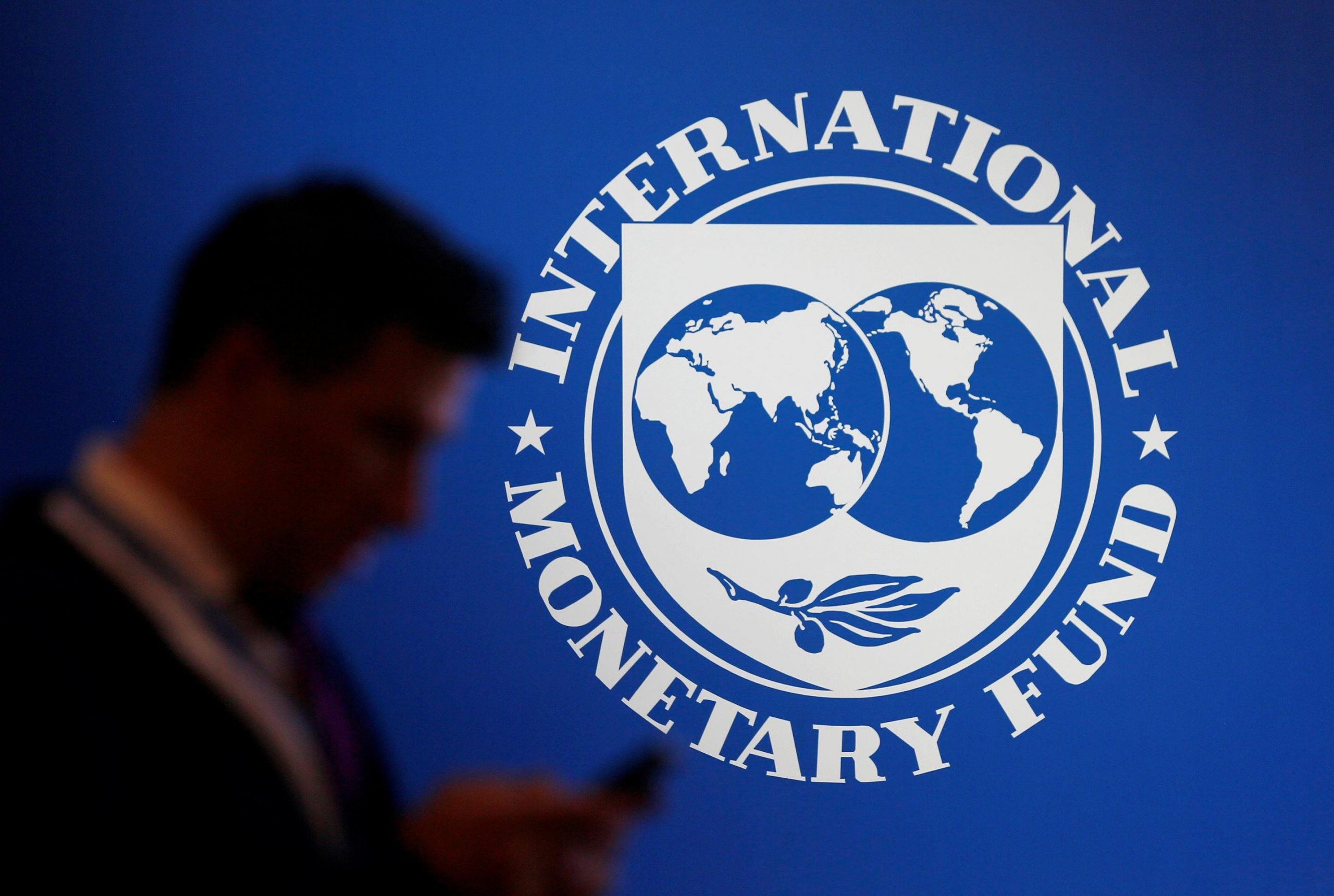It was announced on Friday that the International Monetary Fund (IMF) had made a lot of work toward reaching a staff-level agreement with Pakistan for an Extended Fund Facility. However, the IMF mission returned to Washington without handing over a new bailout package.

The IMF’s two-week assessment mission ended without a new deal being reached. This was because Islamabad was still dealing with the problems of political uncertainty and increased economic vulnerability.
There was a lot of progress made between the IMF and the Pakistani government in reaching a Staff Level Agreement (SLA) on a comprehensive economic policy and reform program that can be supported by an Extended Fund Facility (EFF). This was built on the economic stabilization that was achieved by successfully completing the 2023 Stand-by Arrangement.
Energy, money, and tax policies got a lot of flak from the IMF, according to sources in Pakistan. They said that if all of these conditions were put into place, it would be very hard on the people and that some of the conditions would have effects on ties between the two countries.
After that, it will choose whether to send a program to Pakistan or not.
“Staff will write a report based on the mission’s preliminary findings. If management agrees, the report will be given to the IMF’s Executive Board for discussion and decision,” Porter said.
The IMF team, led by Nathan Porter, stayed in Pakistan for two weeks and met with important people. A breakfast meeting with the US ambassador to Pakistan, Donald Blome, took place last Wednesday at the home of the IMF Resident Representative, Esther Perez. This was reported by government sources.
The IMF team arrived in Pakistan in secret on May 10 and met with Pakistani officials. The IMF said in a press release that the mission started on May 13 and finished on May 23.
A senior government official told The Express Tribune that the IMF visit was meant to check on Pakistan’s budget plans and see if the country’s economic plan for the next fiscal year was in line with the general goals of making sure the fiscal and external sectors would be sustainable.
Last week, the finance ministry told Prime Minister Shehbaz Sharif about the terms of the IMF program. One of the conditions was that the primary budget balance had to stay at 1% of GDP, or Rs1.25 trillion.
The budget shortfall for the whole year is expected to be 6.8% of the GDP, or Rs8.5 trillion. It is expected that the interest payments will amount to Rs9.7 trillion.
The coalition government run by the PML-N is having a hard time keeping the economy stable while political tensions are rising. It had hoped to finish the Extended Fund Facility Program as soon as possible, but the IMF has made it clear that any future deal will only happen after the next budget is approved.
Porter said that the mission went to Islamabad to talk about Pakistan’s plans for an economic program that can be backed by the IMF’s Extended Fund Facility (EFF).
Pakistani officials, on the other hand, said that the IMF did not agree with their budget numbers or stance on monetary policy.
“The reform program of the government aims to move Pakistan from economic stabilization to strong, inclusive, and resilient growth,” Porter said.
He also said that to get growth for everyone, Pakistan wanted to keep improving its public finances to make it less vulnerable. It planned to do this by making it easier to get domestic revenue through fairer taxes and by spending more on things like human capital, social protection, and climate resilience. It also wanted to make sure that the energy sector could stay open by making changes that would lower the cost of energy.
Sources say that the IMF told Pakistan that the high cost of energy could be lowered by talking about how to pay power companies for their unused capacity again. The IMF and Pakistan have wanted to restart energy deals with China for a long time.
Porter said that Pakistan needs to keep working on achieving low and stable inflation through sound monetary and exchange rate policies; raise the quality of public services by reorganizing and privatizing state-owned enterprises (SOEs); and encourage the growth of the private sector by making sure that investors have a level playing field and that the government is stronger.
The mission chief also said that the IMF and Pakistan will keep talking about policy issues online over the next few days with the goal of finalizing talks, which will include talking about how much money the IMF and Pakistan’s bilateral and multilateral partners can give.










































